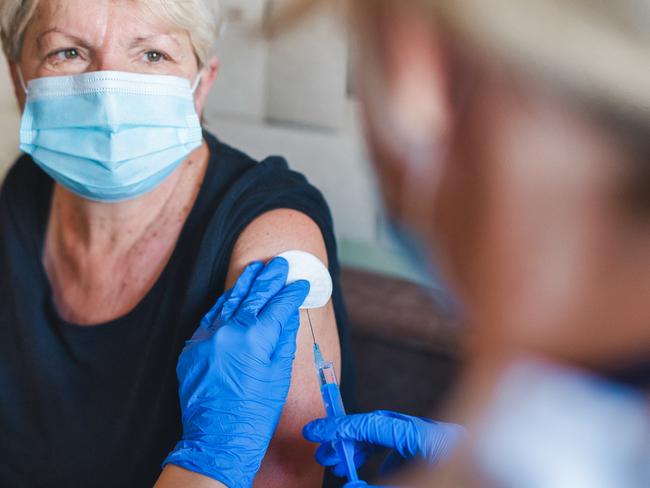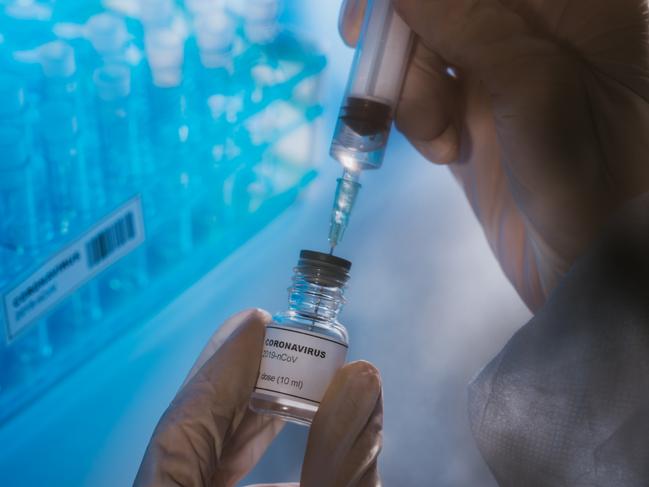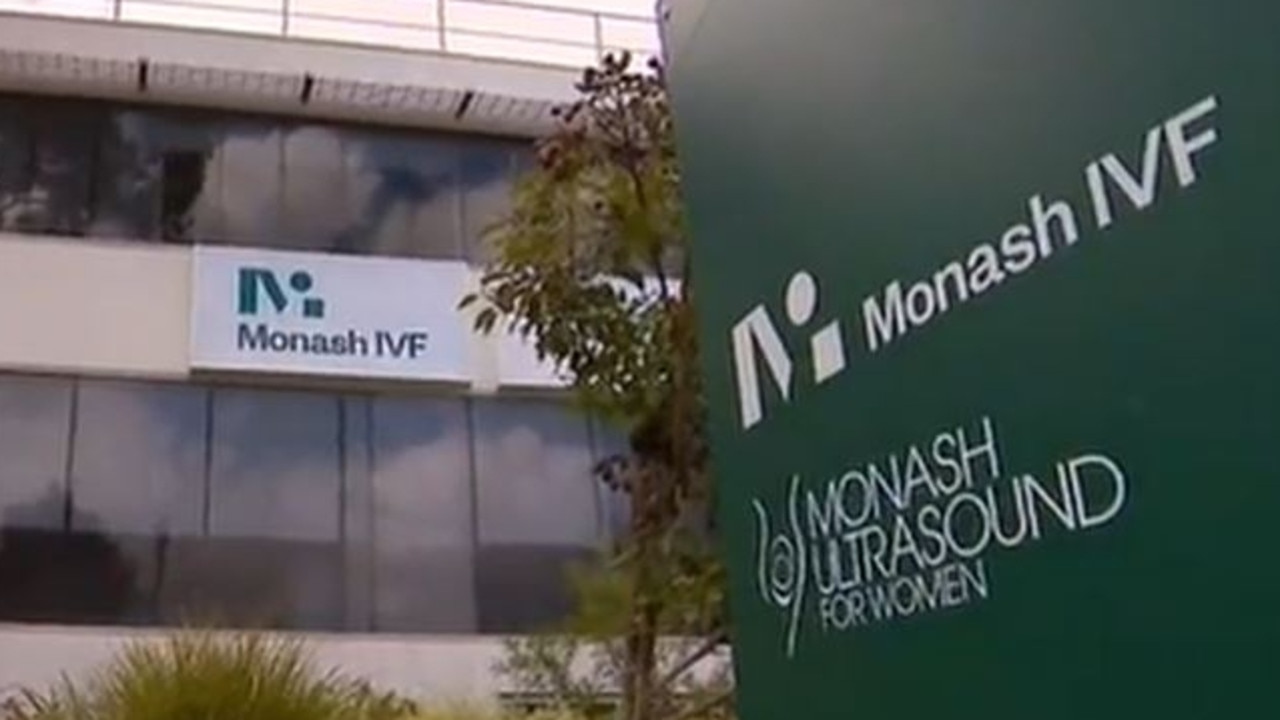Key to mRNA Covid vaccine side-effects unlocked by Melbourne scientists
Side-effects from mRNA vaccines can leave some people suffering headaches, fever and fatigue, while others have no reaction at all. Melbourne scientists have now found out why.
Victoria
Don't miss out on the headlines from Victoria. Followed categories will be added to My News.
Melbourne scientists may have unlocked the mystery behind common but annoying mRNA vaccine side effects — such as headaches, fever and fatigue — and the key to better cancer treatments.
MRNA Covid vaccines have been designed to travel to our lymph nodes, but RMIT and Doherty Institute researchers have discovered tiny traces of mRNA end up in our bloodstream.
The discovery may seem small, but the team believe it could help scientists develop safer and more effective mRNA vaccines and treatments.
MRNA — essentially a messenger that disappears after delivery — trains our immune system to recognise Covid by telling our cells to make a harmless protein that mimics part of the virus.
The presence of minuscule amounts — representing about 1 per cent of the vaccine in our blood had been unknown up until now.
Their existence — and the fact the level varies between people — could explain why some may feel a bit under the weather post-jab and others report zero side effects.
RMIT Research Fellow Dr Yi David Ju said the findings did not change the fact mRNA Covid vaccines were “very safe and very effective”, but may explain “unpleasant” side effects like fatigue and headaches.

“This variation in vaccine presence in the blood could trigger inflammatory responses, leading to these side effects in certain individuals,” he said.
“The vaccine is very safe and very effective, but we want them to be more safe and to reduce the unpleasant experience so people will be more willing to take vaccines.”
He said, now that they knew about mRNA’s temporary presence in the blood, they could undertake further research to test their theory.
“If this (theory) is true, then they should also design the next generation mRNA particle to prevent them. . . going into the blood,” he said.
Dr Ju said the results could benefit vaccines against multiple viruses, not just Covid, and research could also test whether ensuring the vaccine goes where intended boosts its effectiveness.

“If we understand this … then it can be applied to all future mRNA vaccines, so that’s quite important,” he said.
The study, published in ACS Nano, analysed more than 150 blood samples taken from 19 people in the 28 days after they received the Moderna SPIKEVAX mRNA booster.
It also uncovered another key detail that could help the technology’s future as a promising cancer treatment.
Dr Ju said the mRNA vaccine was like “a message in a bottle” in the bloodstream.
“Its fate depends on how the body responds to the bottle, not just the message inside,” he said.
“Researchers are now trying to develop mRNA not just for vaccines, but also for therapeutics, for disease like cancer.
“In that case, we want the mRNA to stay in our blood longer, and they have more opportunity to reach into the tumour, into the disease site.”
He said this meant their results — detailing how the body broke down and “cleaned” mRNA from the body — could help researchers choose a better compound for this shell, or bottle, when needed.
Originally published as Key to mRNA Covid vaccine side-effects unlocked by Melbourne scientists


